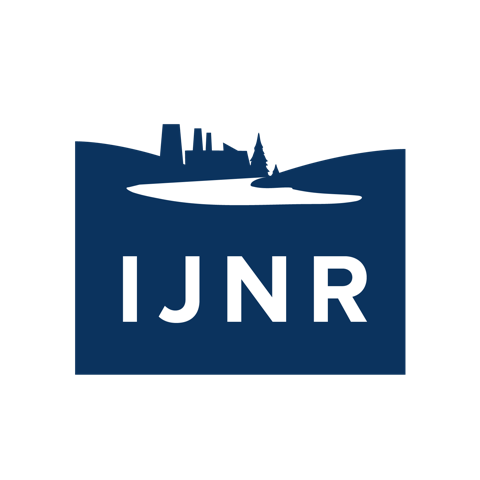Announcing the 2015 Lake Superior Institute
Minnesota and wisconsin
June 23 - 27, 2015
Lake Superior. Photo by Flickr user jpellgen
the application period for this institute is closed.
follow along digitally between June 23 and 28 at #ijnr_superior!
Inhospitably cold and deep, the world’s second-largest freshwater lake has long been immune to many of the problems that have plagued the lower Great Lakes. But Superior is now warming, causing fish populations to shift, imperiling coastal wetlands, and giving invasive species an opportunity to take hold. While much of the nation looks to the drought in the American West as the most stark illustration of climate change, Lake Superior acts as a bellwether, providing a vivid and no less compelling counterpoint to the dry reservoirs and dwindling snowpack of the West.
Here we find stories about how climate change is dramatically impacting the water-rich areas of the planet. Despite the Great Lakes Compact that keeps water in the basin, the continuing drought conditions in the West keep alive the conversation about how the world's largest freshwater reservoir could alleviate the problem. The lake ice that envelopes Lake Superior in winter has shrunk by as much as 70 percent in recent years, leaving the lake vulnerable to evaporation, and extreme rain events have washed out municipal infrastructure, costing millions of dollars to replace. The 20-year cycle of rising and falling lake levels seems to be speeding up, creating more dramatic changes in lake levels. As climatic changes continue, Lake Superior will likely see increased stormwater runoff and sedimentation, more frequent flooding, damaged shoreline infrastructure, and other ecological and economic impacts. In instances such as these, Lake Superior is a poster child for coastlines around the country.
IJNR's Lake Superior Institute will look at how the lake is already impacted by our warming world and what the future may hold. Journalists selected for the fellowship will be able to get boots on the ground (and boats in the water) as we explore natural resource issues like:
- Warming waters and what they mean for lakefront living, human health, deep-water food webs and the Lake Superior sport and commercial fishery
- Extreme weather, storm water runoff and lessons learned from Duluth's historic flood of 2012. How the city is preparing for the next ten-inch rain event.
- The St. Louis River Estuary. Will new mining projects upstream negate the restoration efforts that have mitigated historic industrial impacts?
- Aquatic invasive species, shipping and the "winners and losers" under certain climate scenarios.
- The Apostle Islands National Lakeshore. How lake levels and warmer winters impact/influence the major island industry - tourism.
- What happens when the leases expire? Madeline Island and the story of the Anishinaabe (Ojibwe) homeland and the tribe's plans for its historic fishing ground.
Applications due Friday, May 22.
Follow our progress as we plan and conduct this Institute at #IJNR_superior.
Questions? Feel free to give us a shout at contact@IJNR.org

